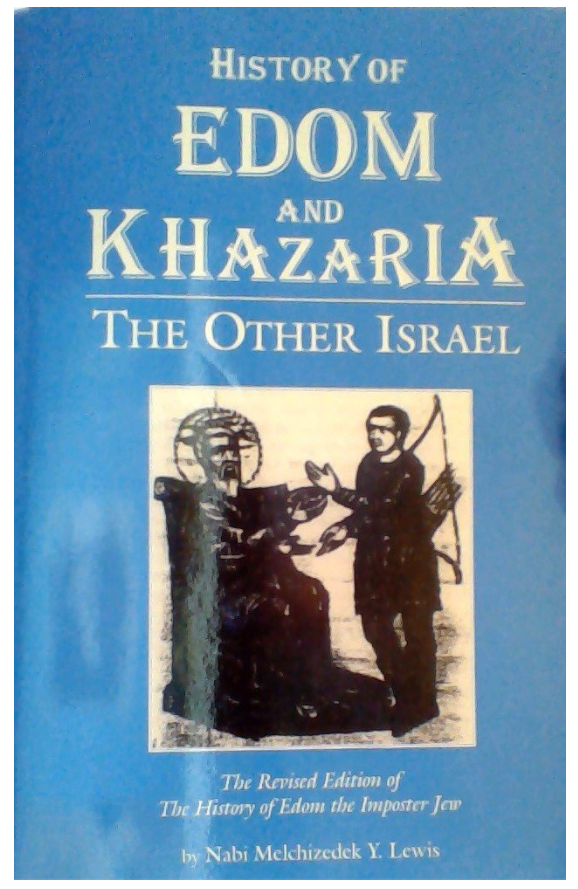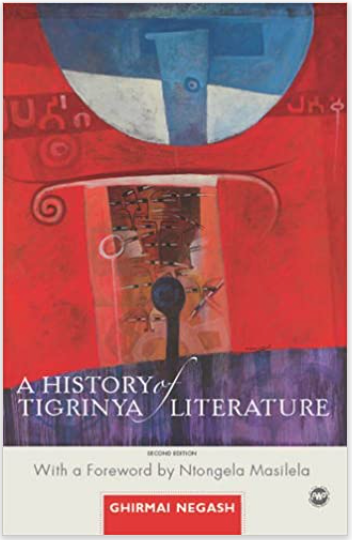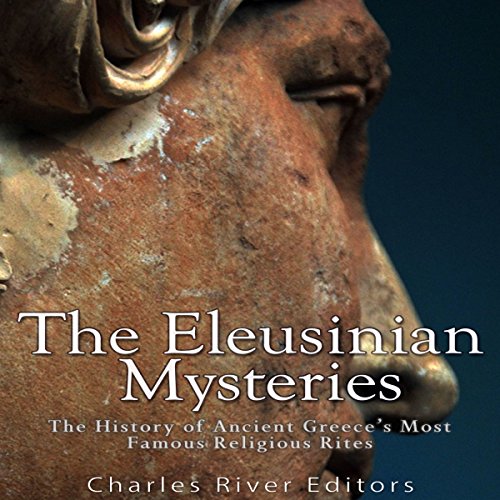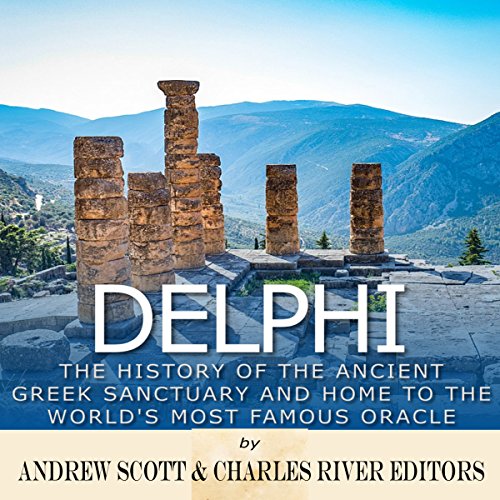The Ancient Olympic Games: The History and Legacy of Ancient Greece's Most Famous Sports Event
ISBN: 9781497325869
*Includes pictures.
*Includes ancient accounts about the Games.
*Includes a bibliography for further reading.
*Includes a table of contents.
“The most important thing in the Olympic Games is not winning but taking part; the essential thing in life is not conquering but fighting well.”- Epictetus
“Many are the sights to be seen in Greece, and many are the wonders to be heard; but on nothing does Heaven bestow more care than on the Eleusinian rites and the Olympic games.” - Pausanias
While they are still well-known, the Olympic Games of Ancient Greece are more relevant today than most people know, and the ways in which athletic sports pervade contemporary culture is comparable only to the spirit of athleticism in Hellenic Greece. Today, a large section of the media industry is devoted exclusively to sports, and in some nations, sports even figures as a critical component of their identity. In America, the Super Bowl could be considered a holiday of sorts, and of course, today’s Olympic Games capture the attention of millions and millions of people around the world for two weeks.
The Ancient Olympic Games were all these things and then some. It was a ritualized spectacle of great cultural importance in Greece, as well as an international communion that celebrated both diversity and unity, but most importantly, it was an ode to the strength of the human body and a paean to the vigor of the human spirit. For over a thousand years, from the 8th century BC to the 4th century AD, competitors and spectators traveled from all over Europe and Asia Minor to attend the legendary contests, bringing with them not only their passion for athletics but also their poetry, music, arts, and ideas. The ancient historian Strabo captured the spirit well when he described the Olympics: “... the glory of the temple persisted ... on account both of the festal assembly and of the Olympian Games, in which the prize was a crown and which were regarded as sacred, the greatest games in the world. The temple was adorned by its numerous offerings, which were dedicated there from all parts of Greece."
*Includes ancient accounts about the Games.
*Includes a bibliography for further reading.
*Includes a table of contents.
“The most important thing in the Olympic Games is not winning but taking part; the essential thing in life is not conquering but fighting well.”- Epictetus
“Many are the sights to be seen in Greece, and many are the wonders to be heard; but on nothing does Heaven bestow more care than on the Eleusinian rites and the Olympic games.” - Pausanias
While they are still well-known, the Olympic Games of Ancient Greece are more relevant today than most people know, and the ways in which athletic sports pervade contemporary culture is comparable only to the spirit of athleticism in Hellenic Greece. Today, a large section of the media industry is devoted exclusively to sports, and in some nations, sports even figures as a critical component of their identity. In America, the Super Bowl could be considered a holiday of sorts, and of course, today’s Olympic Games capture the attention of millions and millions of people around the world for two weeks.
The Ancient Olympic Games were all these things and then some. It was a ritualized spectacle of great cultural importance in Greece, as well as an international communion that celebrated both diversity and unity, but most importantly, it was an ode to the strength of the human body and a paean to the vigor of the human spirit. For over a thousand years, from the 8th century BC to the 4th century AD, competitors and spectators traveled from all over Europe and Asia Minor to attend the legendary contests, bringing with them not only their passion for athletics but also their poetry, music, arts, and ideas. The ancient historian Strabo captured the spirit well when he described the Olympics: “... the glory of the temple persisted ... on account both of the festal assembly and of the Olympian Games, in which the prize was a crown and which were regarded as sacred, the greatest games in the world. The temple was adorned by its numerous offerings, which were dedicated there from all parts of Greece."













